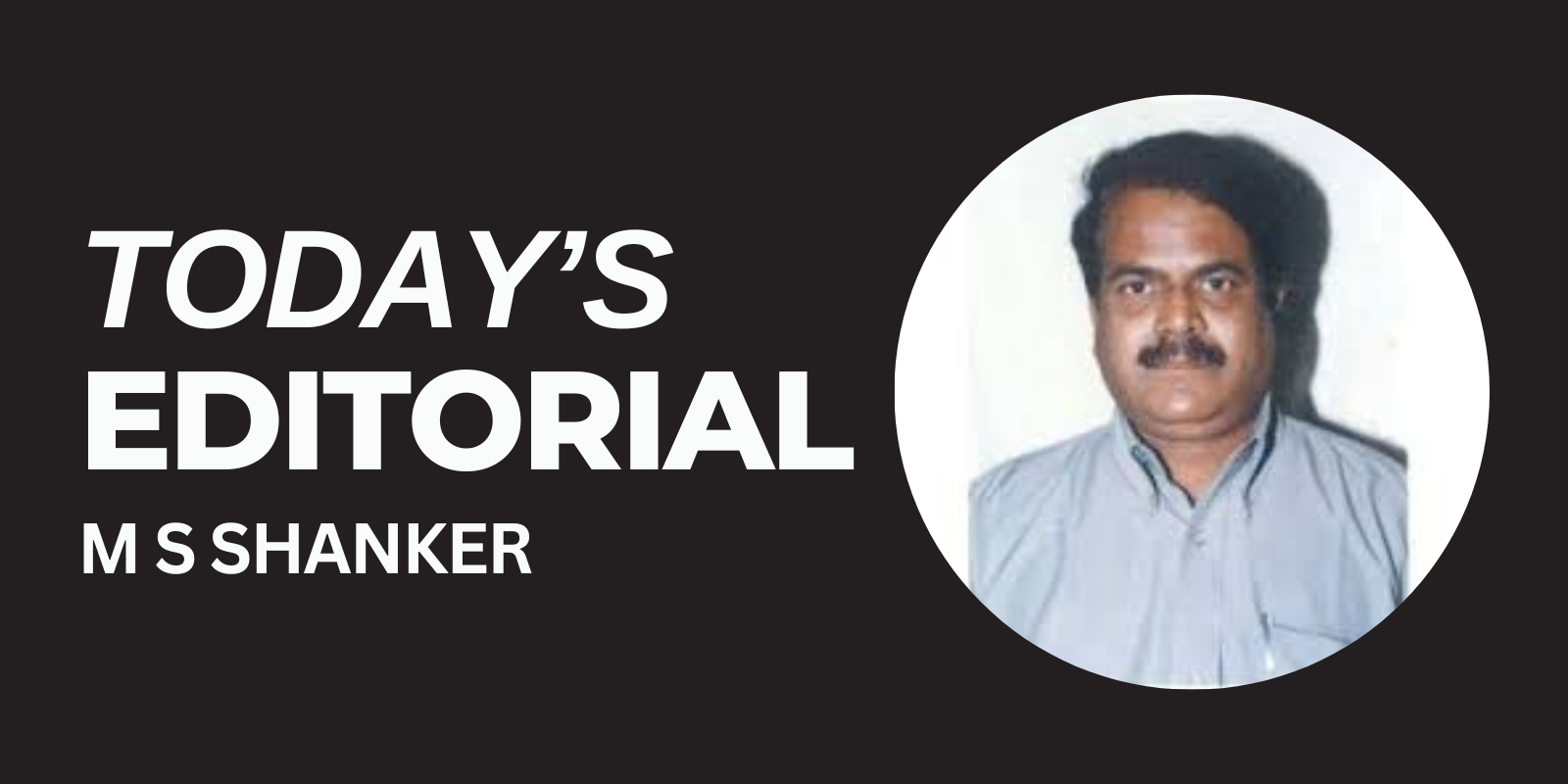The Sunday stampede in Chennai, which occurred soon after a grand Indian Air Force air show, is now mired in a blame game that reeks of political opportunism. The tragic incident, which claimed five lives and left more than 100 injured, has turned into a political battleground where opponents of the ruling DMK are shamelessly exploiting the situation to score cheap political points. While holding the government accountable for lapses in managing large crowds is fair, the aggressive narrative that paints the tragedy as a ‘man-made’ disaster is both misleading and condemnable. Stampedes, unfortunately, are not uncommon at mass gatherings, especially in a country as populous as India. Despite the best efforts of law enforcement and event organizers, such incidents have occurred across the nation under various governments. To single out the DMK administration for a stampede under these circumstances shows a lack of understanding of the complexities involved in crowd management. The Marina Beach air show, which drew an unprecedented crowd of around 15 lakh people, was bound to present logistical challenges. It’s crucial to understand that a crowd of this magnitude could have overwhelmed even the most well-prepared police forces.
The truth is, many Tamilians take immense pride in their nation’s military prowess and patriotic displays, and the sight of the Indian Air Force’s acrobatics over the Marina Beach was too alluring for them to miss. The sheer excitement and desire to witness the spectacular event would have naturally led people to the venue in droves. After the event ended, the eagerness to return home combined with fears of missing public transport options like buses or metro services may have resulted in a rushed exodus, setting off the tragic stampede. It is crucial to approach this incident as an unfortunate but not entirely unforeseen outcome when such large numbers of people gather at a single location. However, this reality does not absolve the authorities of their responsibility to anticipate and prepare for such scenarios. Indeed, the ruling DMK government under MK Stalin could have employed better crowd-control strategies and increased security measures to minimize the risk. Although it’s clear that more caution was needed, transforming this incident into a political blame game undermines the memory of those who suffered and distracts from the real need for improving public safety measures.

Official reports suggest that the stampede was triggered when volunteers attempted to assist a woman who had fainted due to the sweltering heat. This humanitarian effort, which should have been a routine medical response, was complicated by the dense crowd at the Government Estate Metro Rail Station. What followed was chaos, as the throngs of people, desperate to make their way home, overwhelmed the station’s exit points. Some individuals broke through barricades in their haste, which only added to the confusion. The situation became dire when ambulances struggled to navigate through the congested roads, delaying emergency care to those in need. TV footage captured the chaos as cars, ambulances, and thousands of people were stuck in a standstill, with metro and railway stations packed to capacity. Nearly 230 individuals were treated for heat exhaustion and dehydration, with 93 requiring hospitalization. Given these chaotic conditions, it is disingenuous for political rivals to entirely lay the blame on the government without acknowledging the unprecedented scale of the crowd and the multiple factors contributing to the tragedy. Political opportunism over a human tragedy does little to serve the public interest. Rather than offering constructive criticism or solutions for better crowd management in future events, opponents are resorting to sensationalist rhetoric aimed at weakening the DMK’s position. It’s time to rise above petty politics and recognize that incidents like these are not solely the result of governmental oversight but also the byproduct of circumstances that can spiral out of control even with the best preventive measures in place. While there are lessons to be learned from this unfortunate event, politicizing a tragedy to settle scores is reprehensible. The focus should instead be on implementing better safety protocols for future mass gatherings and enhancing coordination among law enforcement, medical responders, and transport services. Using this incident to fuel a political fire does a disservice to those who lost their lives and to the injured who are struggling to recover. It is a reminder that in times of crisis, humanity and empathy must take precedence over political ambition.






